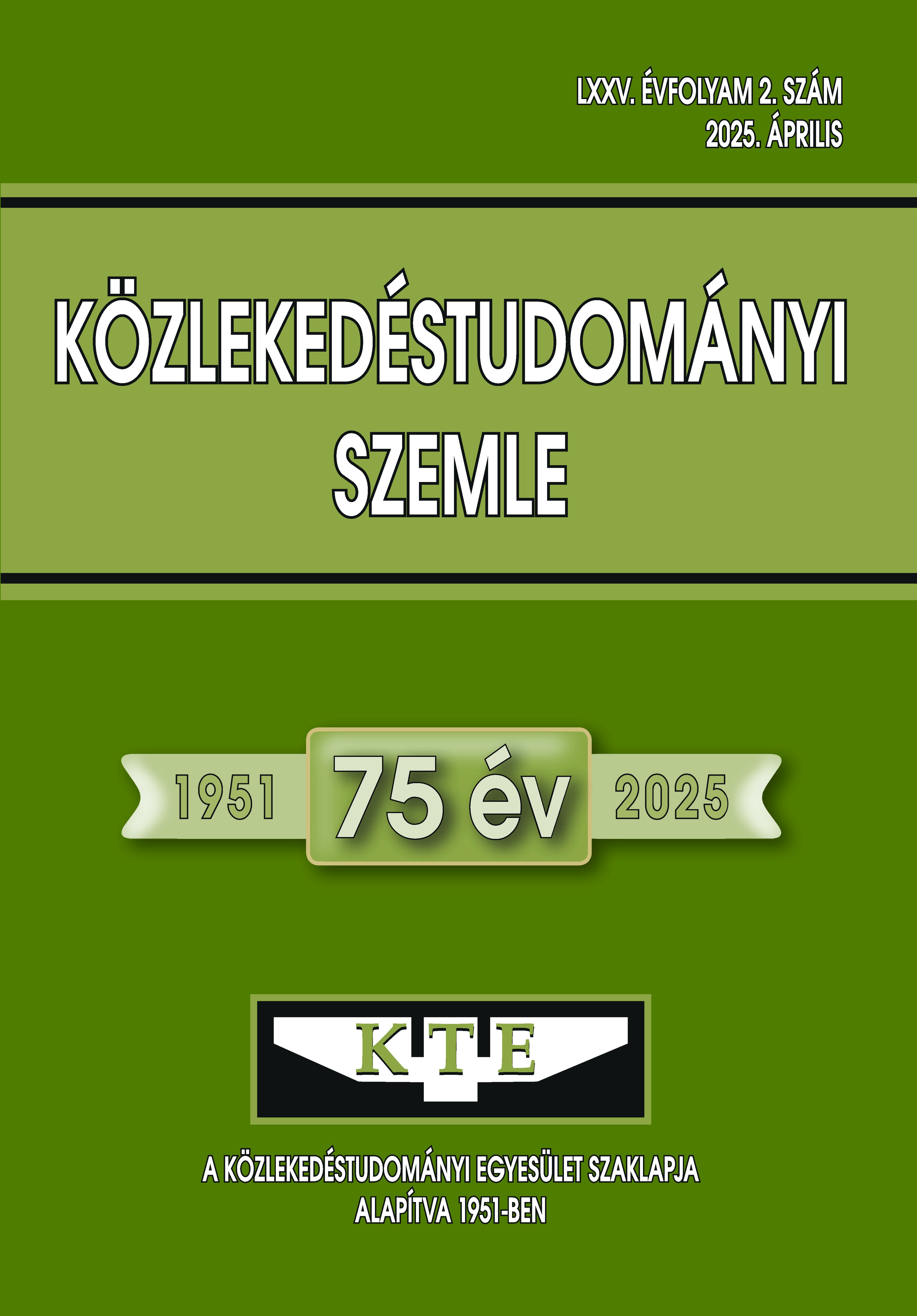Energetics and susatinability of shipping companies 2024-2025
Abstract
According to UNCTAD data, in 2024 the world fleet of vessels over 100 tonnes gross tonnage consists of 108,789 vessels with a dead weight of 2,353,899 thousand tonnes. The average age of these ships is 12.5 years, with a 2% increase in the number of ships over 22.4 years old compared to 2023 [1], meaning that the proportion of the World fleet that is not up to date in terms of greenhouse gas emissions has increased significantly. Against this backdrop, the International Maritime Organisation (IMO) and the European Union (EU), under pressure from environmentalists, need to make a green transition for shipping.
Articles published electronically are open access (OJS), freely available online and can be downloaded. Authors of articles are not charged any publication or publishing costs (APC). Users have the right to read, download, copy, print, and search the articles, or share the full text with a link.
Authors must declare that their submission has not been previously published in another journal, that financial support has been acknowledged, and that the list of references is complete and accurate, including specification of URLs and DOIs (if available). When submitting a draft article, each author approves the submitted version. Authors guarantee that the article is their original work. Authors are required to participate in the peer review process, follow the advice of reviewers, meet the prescribed deadlines, and, if any, withdraw the submission or correct errors.
All submitted articles are subject to peer review, where the editors request an independent evaluation from at least one expert, ensuring that the reviewer(s) have no conflicts of interest with the authors. The final decision is made by the Editor-in-Chief, who takes into account the evaluations and the suggestions of the editors. The editors and reviewers treat the submission confidentially.
The publisher and editors are committed to maintaining high ethical standards and to preventing publications that involve research misconduct. They follow the COPE guidelines on such ethical issues.
The authors retain copyright and grant the journal the right of first publication under the Creative Commons License (https://creativecommons.org/licenses/by-nc-nd/4.0), which allows others to share the work, while acknowledging the authorship of the work and the first publication in the journal.
The journal archives all published articles, and the journal's owner, the Hungarian Society of Transportation Sciences, will continue to operate the database even if the journal ceases to be published.















